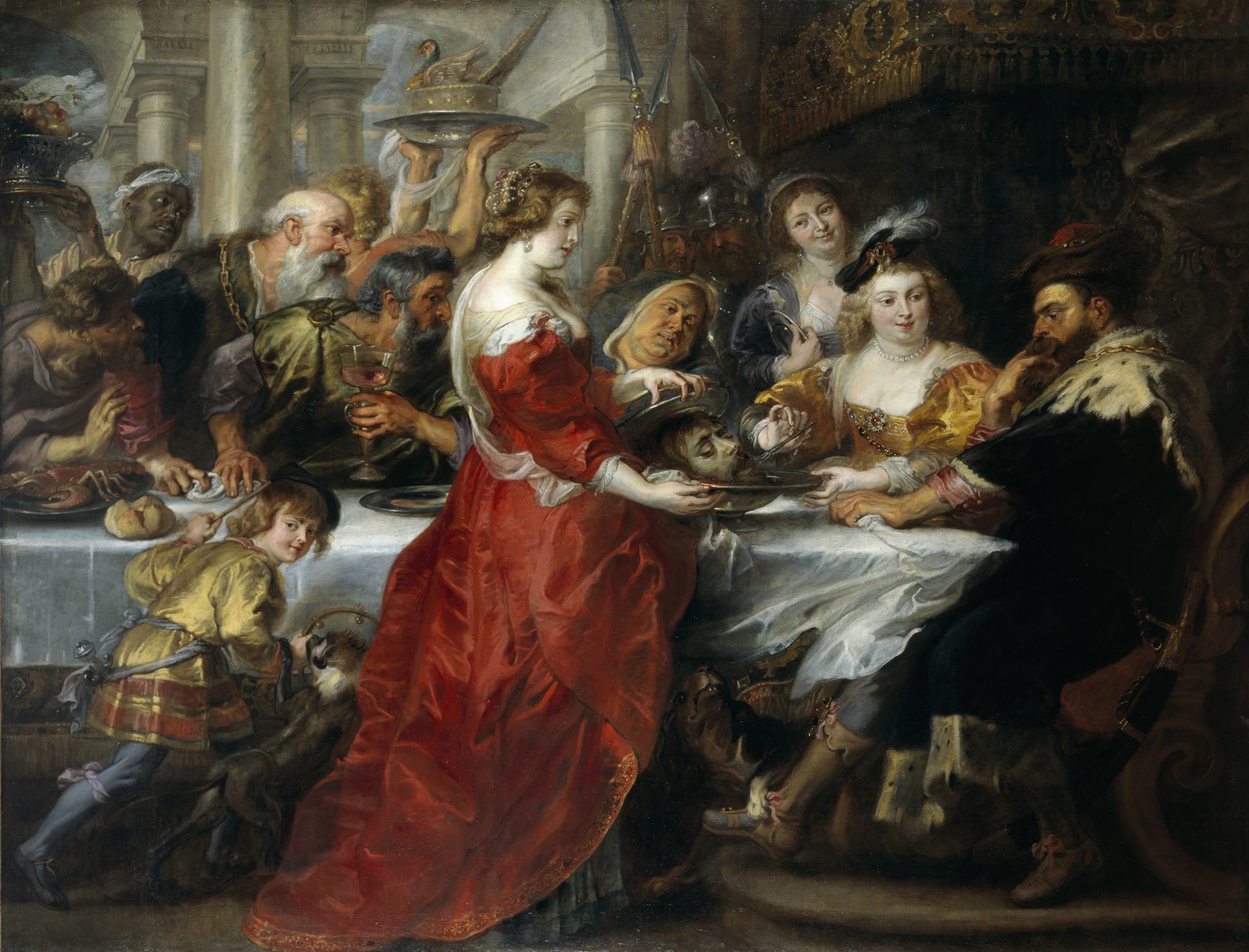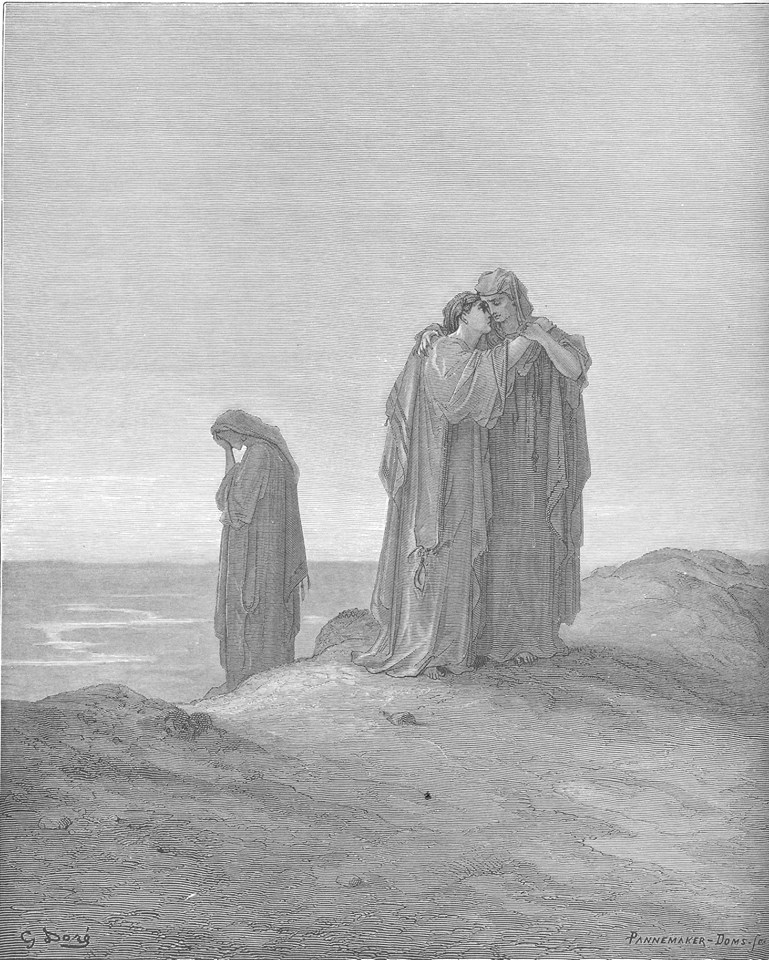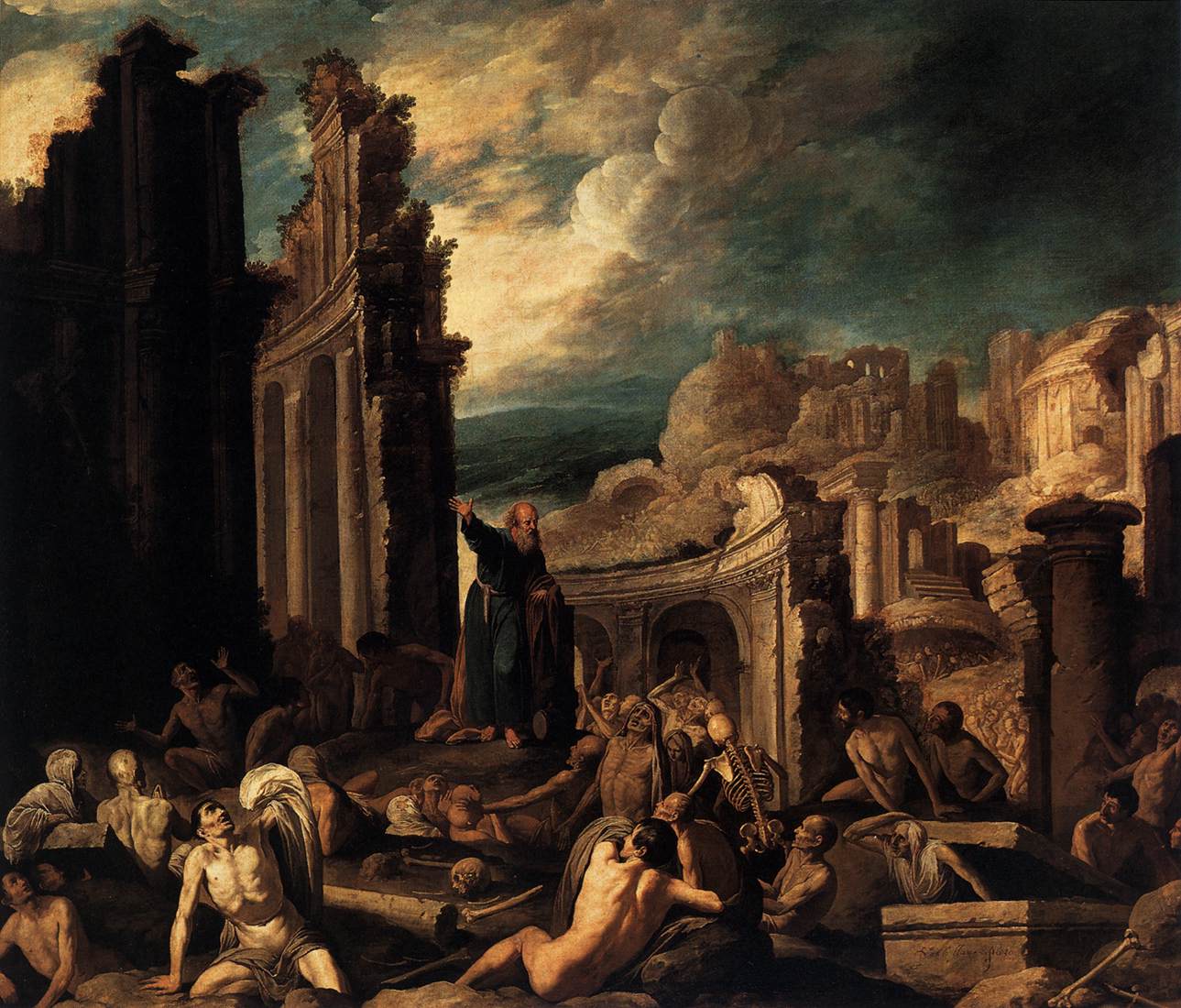Today marks the commemoration of Elijah, who served as a prophet about 2,800 years ago, called by God during the reign of Ahab (and his pagan wife Jezebel) to bring a very hard word to bear on the northern kingdom of Israel and their idolatrous worship of Baal. The following passage is an old favorite from Sunday School, probably because it involves a prophet of God mocking the false priests of Baal with the suggestion that their god is too busy in the outhouse to answer the prayers of his followers:
When Ahab saw Elijah, Ahab said to him, “Is it you, you troubler of Israel?” And he answered, “I have not troubled Israel, but you have, and your father’s house, because you have abandoned the commandments of the Lord and followed the Baals. Now therefore send and gather all Israel to me at Mount Carmel, and the 450 prophets of Baal and the 400 prophets of Asherah, who eat at Jezebel’s table.”
So Ahab sent to all the people of Israel and gathered the prophets together at Mount Carmel. And Elijah came near to all the people and said, “How long will you go limping between two different opinions? If the Lord is God, follow him; but if Baal, then follow him.” And the people did not answer him a word. Then Elijah said to the people, “I, even I only, am left a prophet of the Lord, but Baal’s prophets are 450 men. Let two bulls be given to us, and let them choose one bull for themselves and cut it in pieces and lay it on the wood, but put no fire to it. And I will prepare the other bull and lay it on the wood and put no fire to it. And you call upon the name of your god, and I will call upon the name of the Lord, and the God who answers by fire, he is God.” And all the people answered, “It is well spoken.” Then Elijah said to the prophets of Baal, “Choose for yourselves one bull and prepare it first, for you are many, and call upon the name of your god, but put no fire to it.” And they took the bull that was given them, and they prepared it and called upon the name of Baal from morning until noon, saying, “O Baal, answer us!” But there was no voice, and no one answered. And they limped around the altar that they had made. And at noon Elijah mocked them, saying, “Cry aloud, for he is a god. Either he is musing, or he is relieving himself, or he is on a journey, or perhaps he is asleep and must be awakened.” And they cried aloud and cut themselves after their custom with swords and lances, until the blood gushed out upon them. And as midday passed, they raved on until the time of the offering of the oblation, but there was no voice. No one answered; no one paid attention.
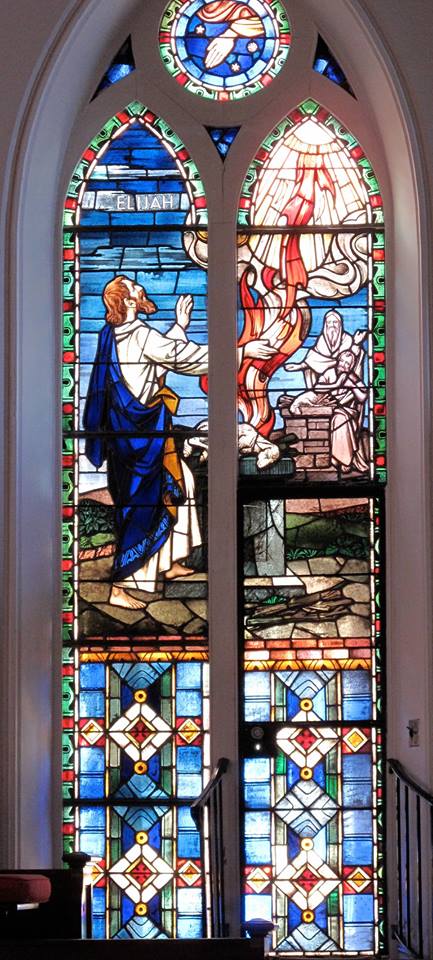 Then Elijah said to all the people, “Come near to me.” And all the people came near to him. And he repaired the altar of the Lord that had been thrown down. Elijah took twelve stones, according to the number of the tribes of the sons of Jacob, to whom the word of the Lord came, saying, “Israel shall be your name,” and with the stones he built an altar in the name of the Lord. And he made a trench about the altar, as great as would contain two seahs of seed. And he put the wood in order and cut the bull in pieces and laid it on the wood. And he said, “Fill four jars with water and pour it on the burnt offering and on the wood.” And he said, “Do it a second time.” And they did it a second time. And he said, “Do it a third time.” And they did it a third time. And the water ran around the altar and filled the trench also with water.
Then Elijah said to all the people, “Come near to me.” And all the people came near to him. And he repaired the altar of the Lord that had been thrown down. Elijah took twelve stones, according to the number of the tribes of the sons of Jacob, to whom the word of the Lord came, saying, “Israel shall be your name,” and with the stones he built an altar in the name of the Lord. And he made a trench about the altar, as great as would contain two seahs of seed. And he put the wood in order and cut the bull in pieces and laid it on the wood. And he said, “Fill four jars with water and pour it on the burnt offering and on the wood.” And he said, “Do it a second time.” And they did it a second time. And he said, “Do it a third time.” And they did it a third time. And the water ran around the altar and filled the trench also with water.
And at the time of the offering of the oblation, Elijah the prophet came near and said, “O Lord, God of Abraham, Isaac, and Israel, let it be known this day that you are God in Israel, and that I am your servant, and that I have done all these things at your word. Answer me, O Lord, answer me, that this people may know that you, O Lord, are God, and that you have turned their hearts back.” Then the fire of the Lord fell and consumed the burnt offering and the wood and the stones and the dust, and licked up the water that was in the trench. And when all the people saw it, they fell on their faces and said, “The Lord, he is God; the Lord, he is God.” And Elijah said to them, “Seize the prophets of Baal; let not one of them escape.” And they seized them. And Elijah brought them down to the brook Kishon and slaughtered them there.
1 Kings 18:17-40
Though this very public miracle had spurred an immediate confession from the people watching, the feeling of triumph did not hold long. As soon as Jezebel heard of the slaying of her prophets, the pagan queen was once more out for Elijah’s blood, who fled, crying in despondence that God take his life away. The comforting admonition from God that followed still serves as a promise for all God’s people when we feel (falsely, always falsely) as though we are alone in the faith:
“[Elijah] said, ‘I have been very jealous for the Lord, the God of hosts. For the people of Israel have forsaken your covenant, thrown down your altars, and killed your prophets with the sword, and I, even I only, am left, and they seek my life, to take it away.’ And the Lord said to him, ‘Go, return on your way…I will leave seven thousand in Israel, all the knees that have not bowed to Baal, and every mouth that has not kissed him'” (1 Kings 19:14, 15a and 18).
The calling of Elisha to assist Elijah (to later serve in his stead) followed only a verse later.
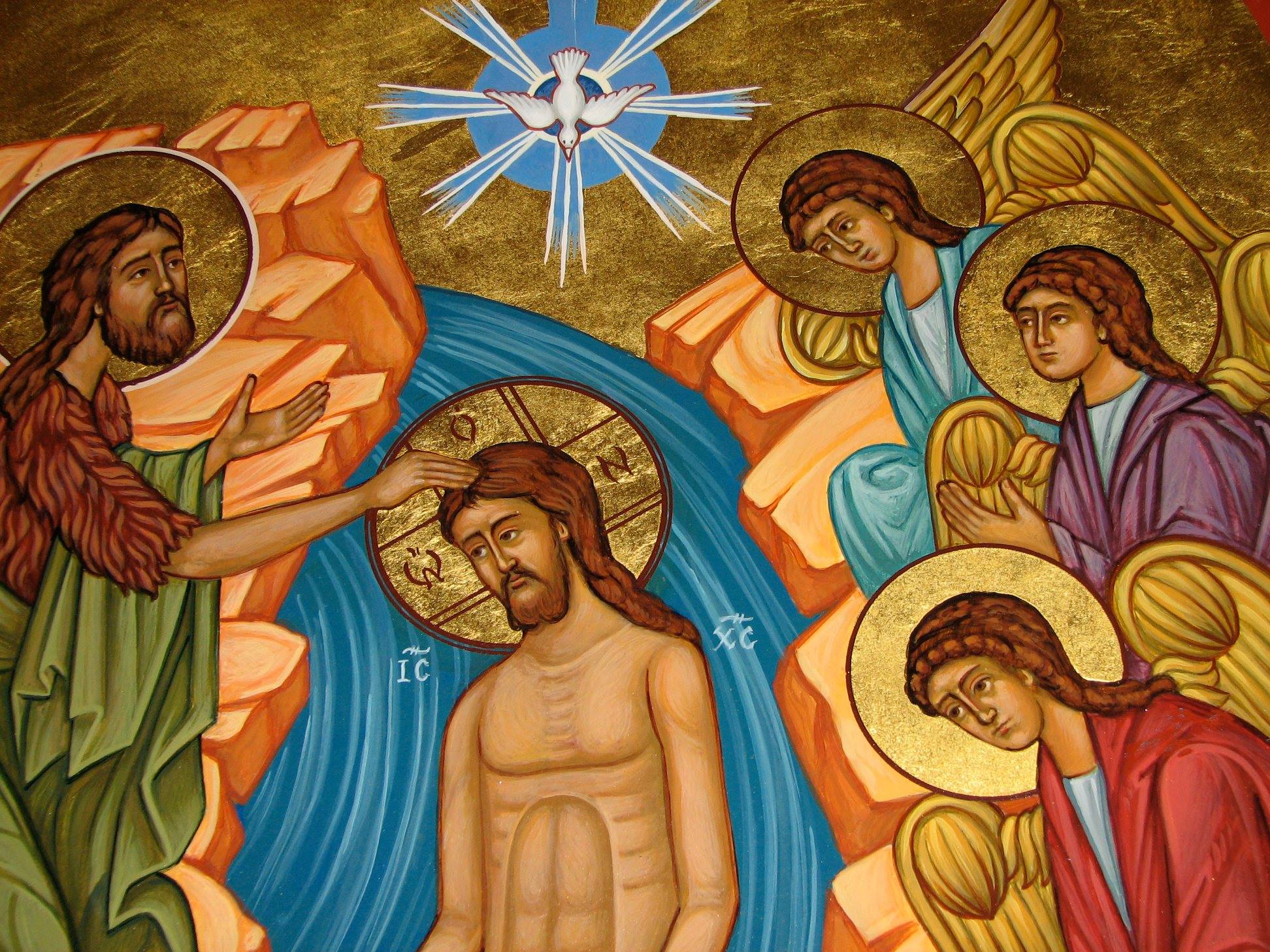

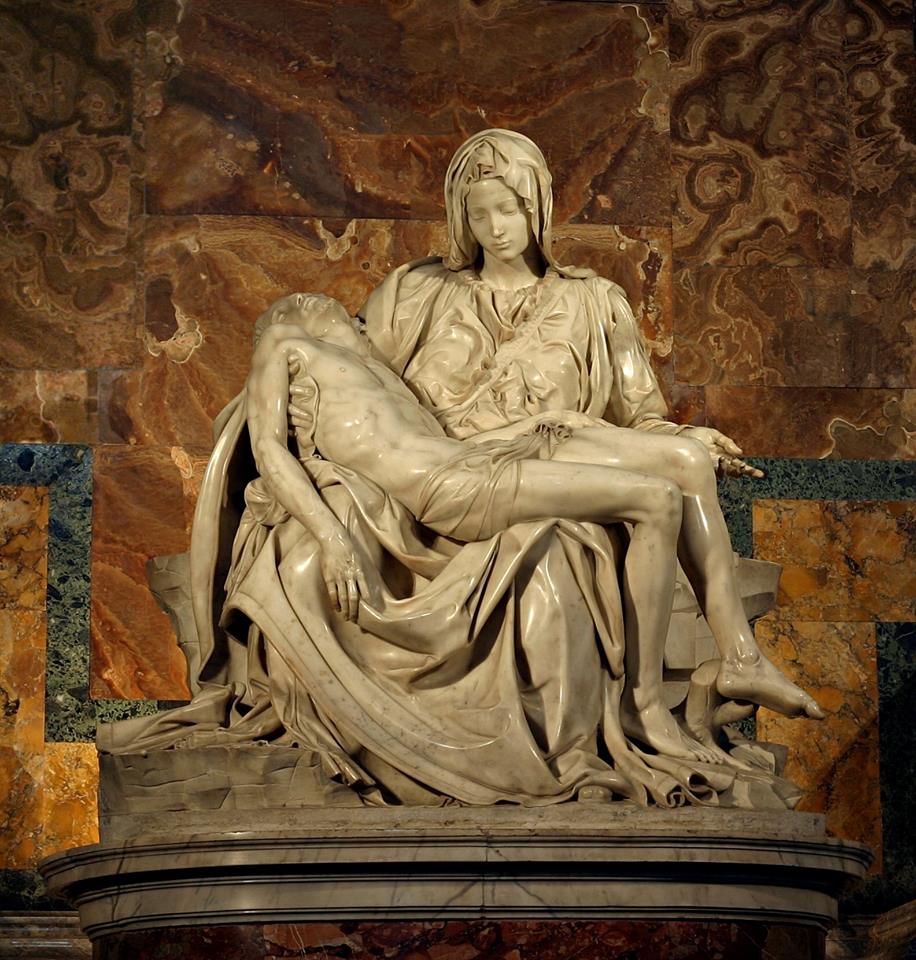
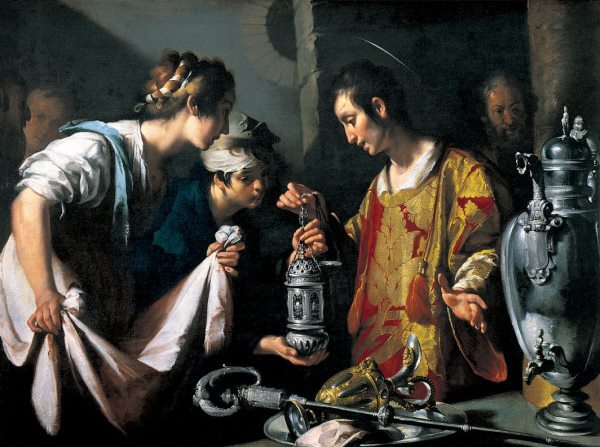
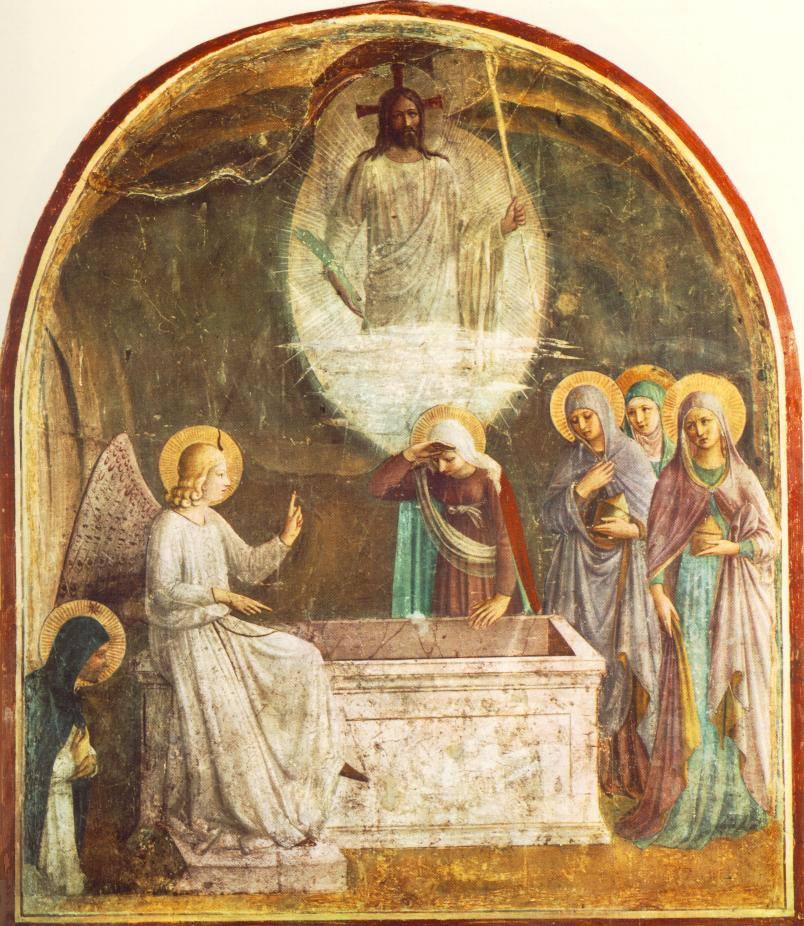
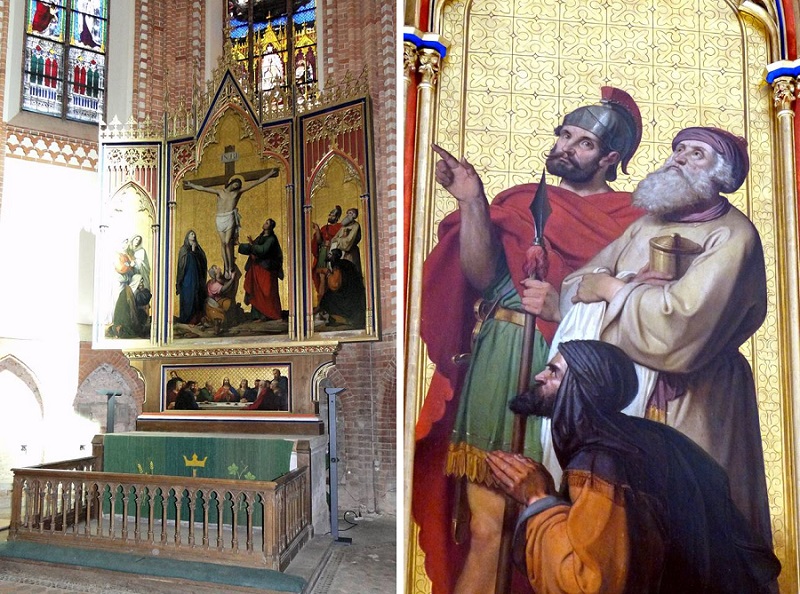
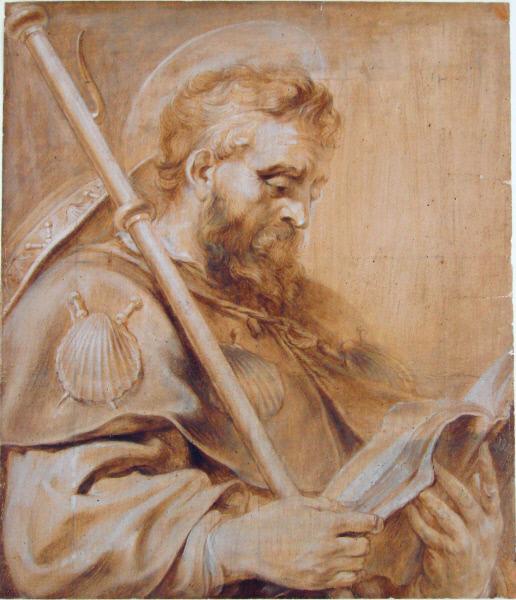
 Then Elijah said to all the people, “Come near to me.” And all the people came near to him. And he repaired the altar of the Lord that had been thrown down. Elijah took twelve stones, according to the number of the tribes of the sons of Jacob, to whom the word of the Lord came, saying, “Israel shall be your name,” and with the stones he built an altar in the name of the Lord. And he made a trench about the altar, as great as would contain two seahs of seed. And he put the wood in order and cut the bull in pieces and laid it on the wood. And he said, “Fill four jars with water and pour it on the burnt offering and on the wood.” And he said, “Do it a second time.” And they did it a second time. And he said, “Do it a third time.” And they did it a third time. And the water ran around the altar and filled the trench also with water.
Then Elijah said to all the people, “Come near to me.” And all the people came near to him. And he repaired the altar of the Lord that had been thrown down. Elijah took twelve stones, according to the number of the tribes of the sons of Jacob, to whom the word of the Lord came, saying, “Israel shall be your name,” and with the stones he built an altar in the name of the Lord. And he made a trench about the altar, as great as would contain two seahs of seed. And he put the wood in order and cut the bull in pieces and laid it on the wood. And he said, “Fill four jars with water and pour it on the burnt offering and on the wood.” And he said, “Do it a second time.” And they did it a second time. And he said, “Do it a third time.” And they did it a third time. And the water ran around the altar and filled the trench also with water.